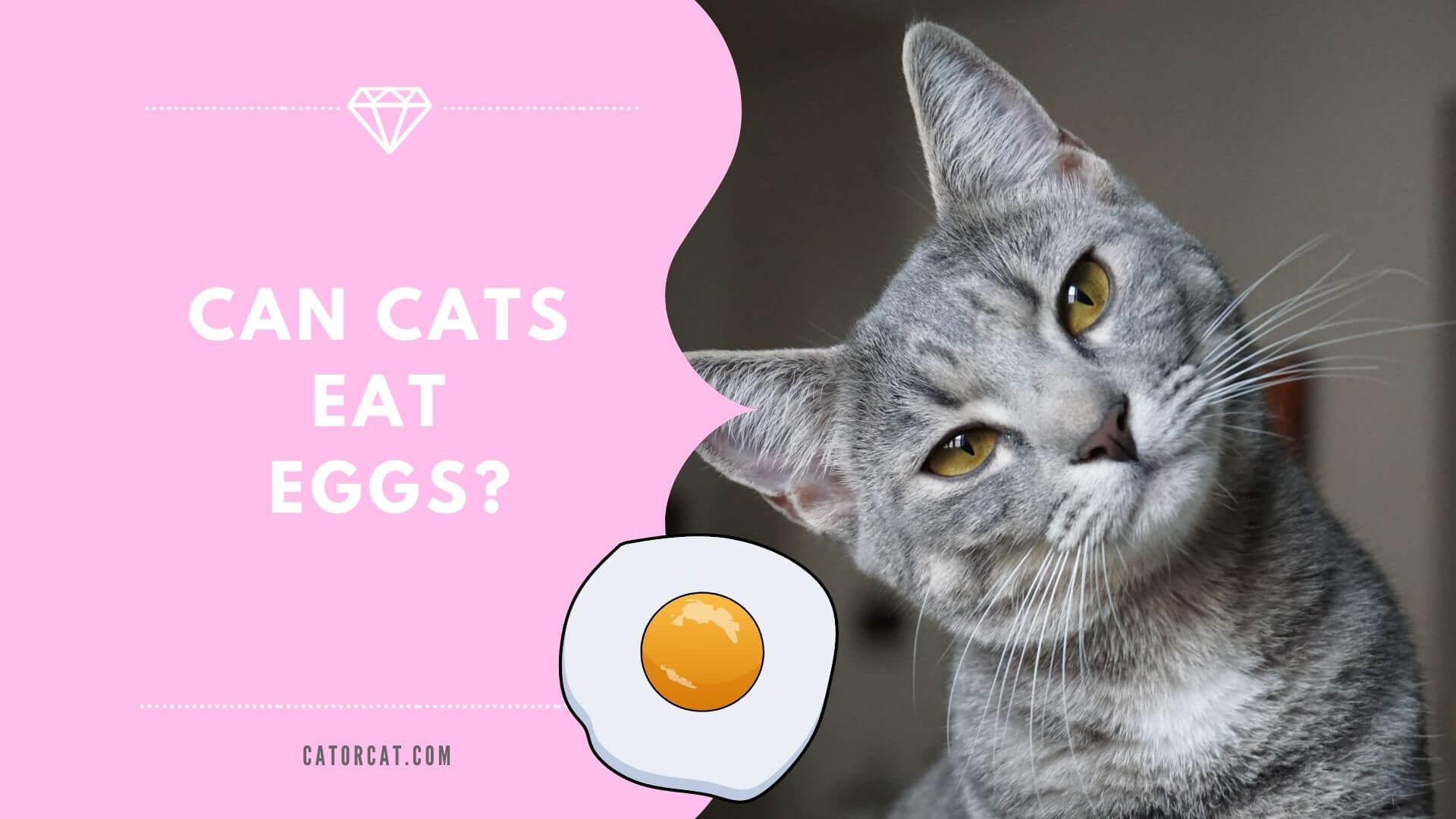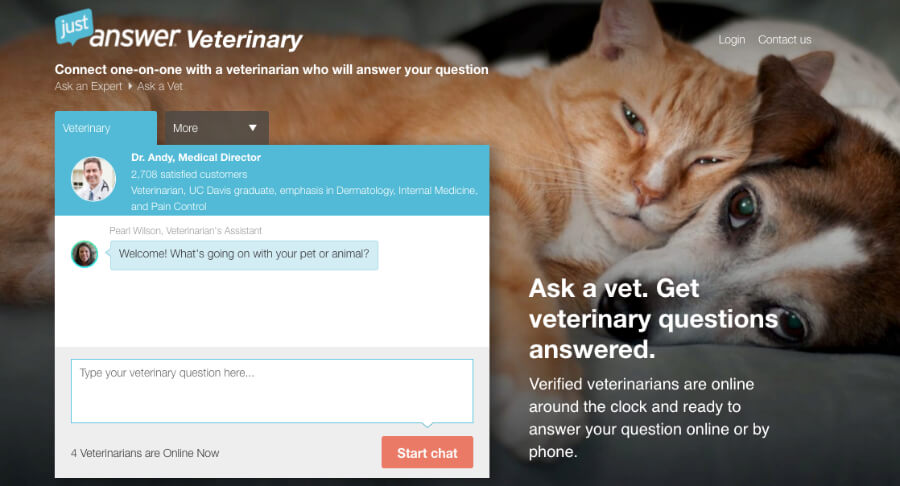
Cats are obligate carnivores and if you’re thinking of adding variety to your cat’s commercial food diet, then you might be wondering what kinds of human food would be a great cat treat. One of the best sources of protein for humans are eggs. They’re easy to cook, affordable, and a staple in almost every household. But should you feed it to your cat? Can cats eat eggs? Let’s find out.
Can Cats Eat Eggs?
Yes, cats can eat eggs. They’re not toxic for your feline friends. In fact, eggs can also be a great source of protein for cats. Cats need protein in their diet, and if you’re tired of feeding her commercial cat food, or if you just want to give her a special treat occasionally, then eggs are a great option. The protein in eggs makes it a great treat for kitties. However, eggs are not recommended to be the sole dietary food for your cat’s meals. It can be added to the commercial cat food your kitty is already used to. This is because it shouldn’t be her only source of nutrients, because she also needs other vitamins and minerals. Though eggs do provide amino acids and are easy to digest for your cat, it can only be used as an additional treat for your cat’s diet.
Recommended – Safe food for cats:
Can Cats Eat a Whole Egg?
Yes, cats can eat a whole egg but it’s not always recommended. Egg whites are the safest option because they contain the most amount of protein and very little fat. Egg yolks contain mostly fat and very little protein. While eating egg yolk is not toxic for cats, the high-fat content is not advisable for cats who are obese or suffering from diabetes. Egg yolk is not necessarily bad for cats but if you wish to avoid high-fat content foods, you can remove it before feeding your cat eggs. Eggshells can also be eaten by cats since they have calcium and other minerals but they’re not palatable to cats.
RELATED: Food dangerous to cats
Can Cats Eat Raw Eggs?
Definitely not. Raw eggs can pose risks for both humans and cats. Raw eggs can contain pathogens such as Salmonella and E.Coli, which brings about a number of gastrointestinal issues, such as vomiting and diarrhea. It can also cause lethargy, body malaise, headaches, and can even be fatal. Salmonella infects about 1.35 million people in the US every year and many cases need hospitalization. It can even cause death for those with underlying medical conditions. In terms of cats, raw eggs can cause diarrhea that leads to dehydration, which may cause kidney damage and even death. Raw eggs can also contain a protein called avidin, which affects the absorption of biotin (also known as Vitamin B7) in your cats. Biotin is responsible for your cat’s healthy skin and shiny coat. Eating raw eggs can lead to skin irritation, such as itchiness, bald patches, and a poor coat. So never feed raw eggs to your cats. You must cook the eggs properly, such as boiling the eggs, poaching, or frying them. If you want to remove the egg yolks, you may do so as well.
How Much Egg Should You Feed Your Cat?
Cats don’t need much to eat, which means the risk of overfeeding is high when you add treats to their diet. A tablespoon of egg whites is enough for cats, and it shouldn’t exceed 10% of her daily diet. She still needs other vitamins and minerals, which commercial cat food can provide. A ten-pound cat needs about 150 to 200 calories per day. A whole egg is about 90 calories, so if you feed her an entire egg, she’d only need about 100 more calories to meet her daily calorie needs. Feeding her an entire egg may lead to a deficiency in other vitamins and minerals since she won’t be eating other food sources when she’s full.
Can Kittens Eat Eggs?
Yes, kittens can eat eggs but since they need other vitamins and minerals for their development, a small amount of egg is enough. A teaspoon of egg whites added to her kibble can be a good idea if you must give her egg for her diet.
The Bottom Line
Eggs are considered to be a superfood for cats due to the rich protein content in egg whites. Cats can eat scrambled eggs but if you don’t want your cat to consume too much fat, then removing the egg yolks can be a great idea. Never feed your cat raw eggs because they contain pathogens that can cause gastrointestinal issues, and can even be fatal. As pet parents, you always want the best for your cat. If you’re unsure whether or not your cat may be allergic to eggs or not, it’s best to consult your veterinarian before adding anything new to your cat’s usual diet.
Related:

